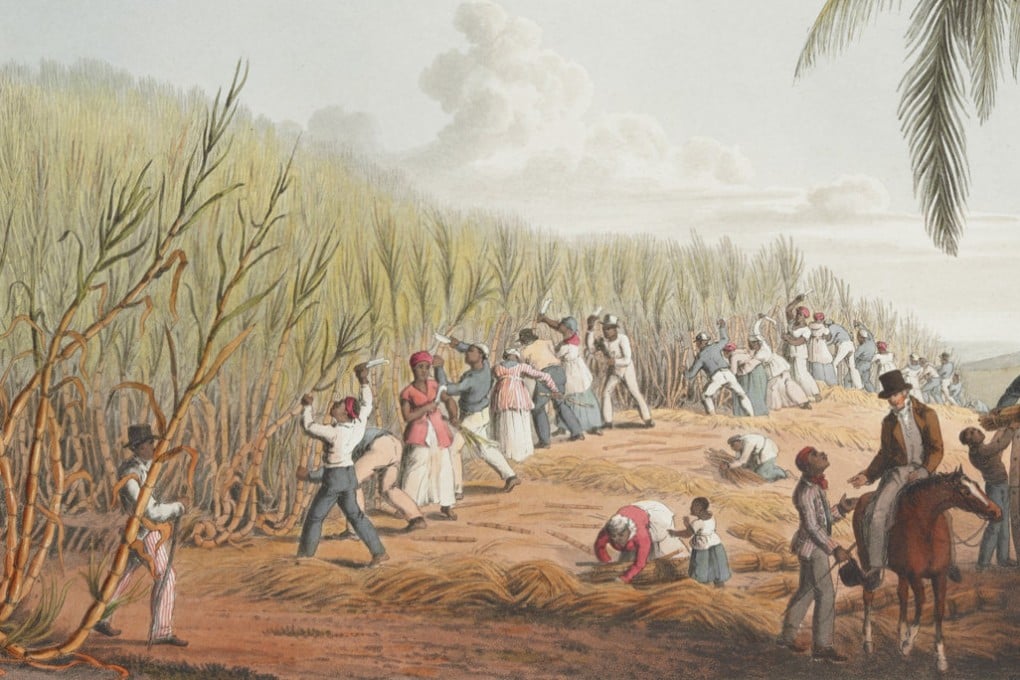Advertisement
Britain enslaved millions of Africans. It’s time to apologise, aristocrat heirs say
- Once the world’s top slave-trading nation, Britain transported 3.1 million Africans into forced labour
- Descendants of British slave owners form group to push for a national apology and reparative justice
Reading Time:4 minutes
Why you can trust SCMP
38

Hilary Clarkein London
Every family has its secrets. But when British journalist Alex Renton made a deep dive into his aristocratic ancestors’ archives, he uncovered a darker and more disturbing truth.
Much of the wealth that entitled generations of his Scottish landed gentry family to elite education and privilege came from the heinous enslavement of Africans in the Americas around 250 years ago.
His 2021 book Blood Legacy is a chronicle drawn from family papers of his mother’s forebears, the Fergussons, and their slavery plantations in Jamaica and Tobago and the barbarities of the slave trade.
“The fact is, my ancestors bought girl slaves so they could give birth to more slaves,” Renton told South China Morning Post.
Renton is a member of Heirs of Slavery, a recently established group of Britons whose ancestors profited from transatlantic slavery and its related industries. The group aims to support movements seeking apology, dialogue, reconciliation and reparative justice.
They also want newly crowned King Charles to make a formal apology for the monarchy’s role.
Advertisement